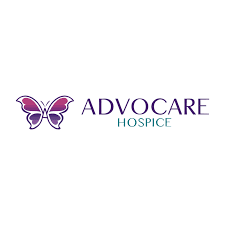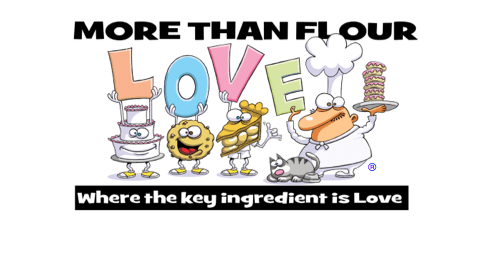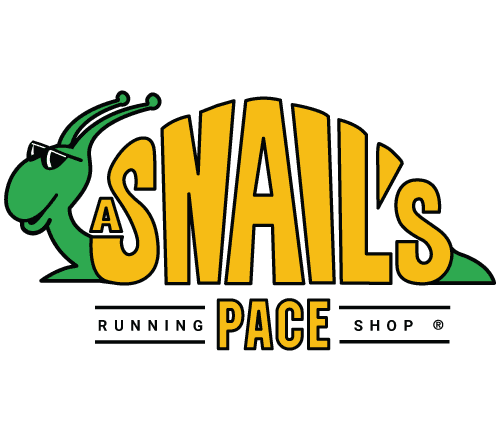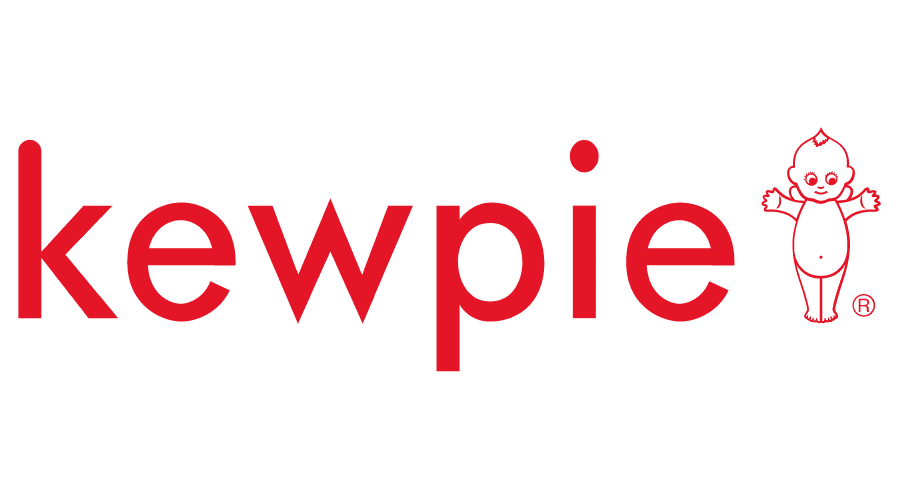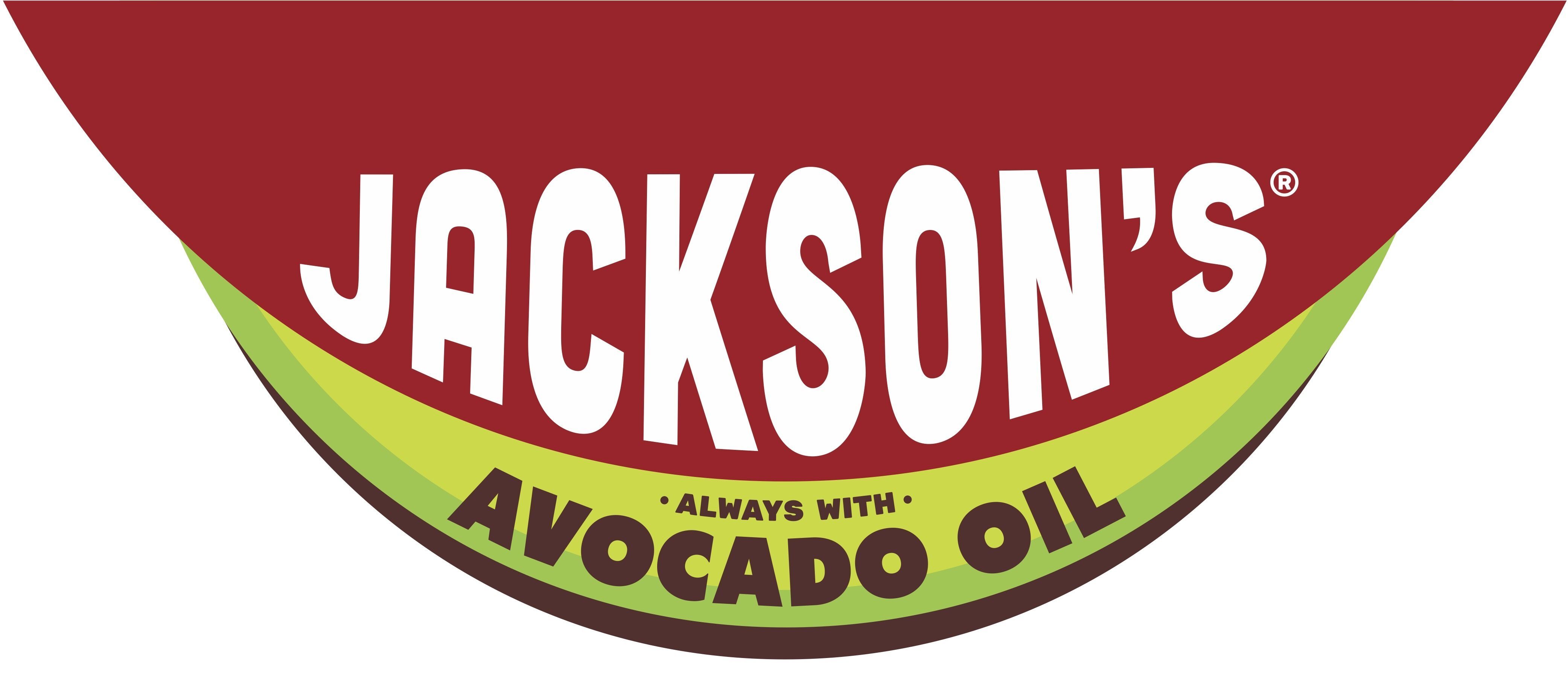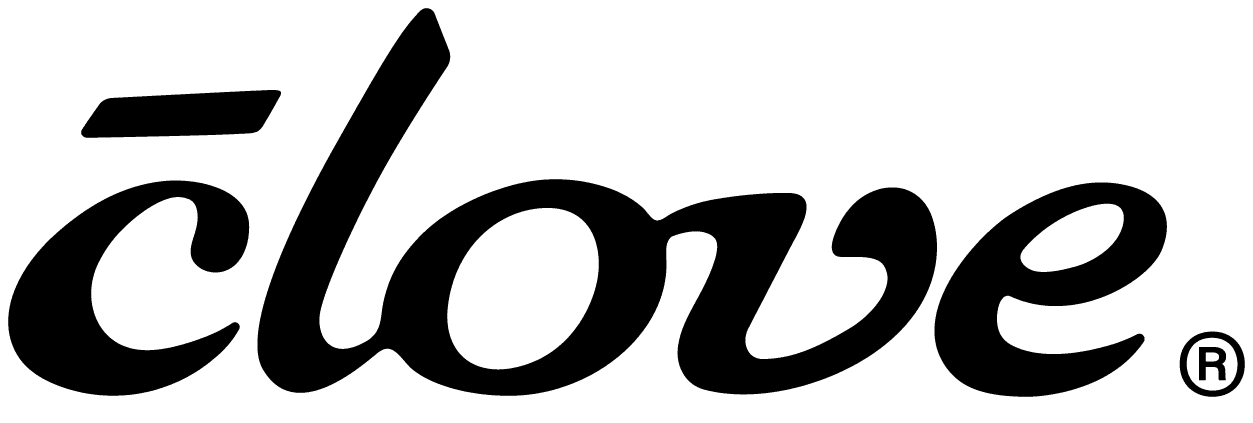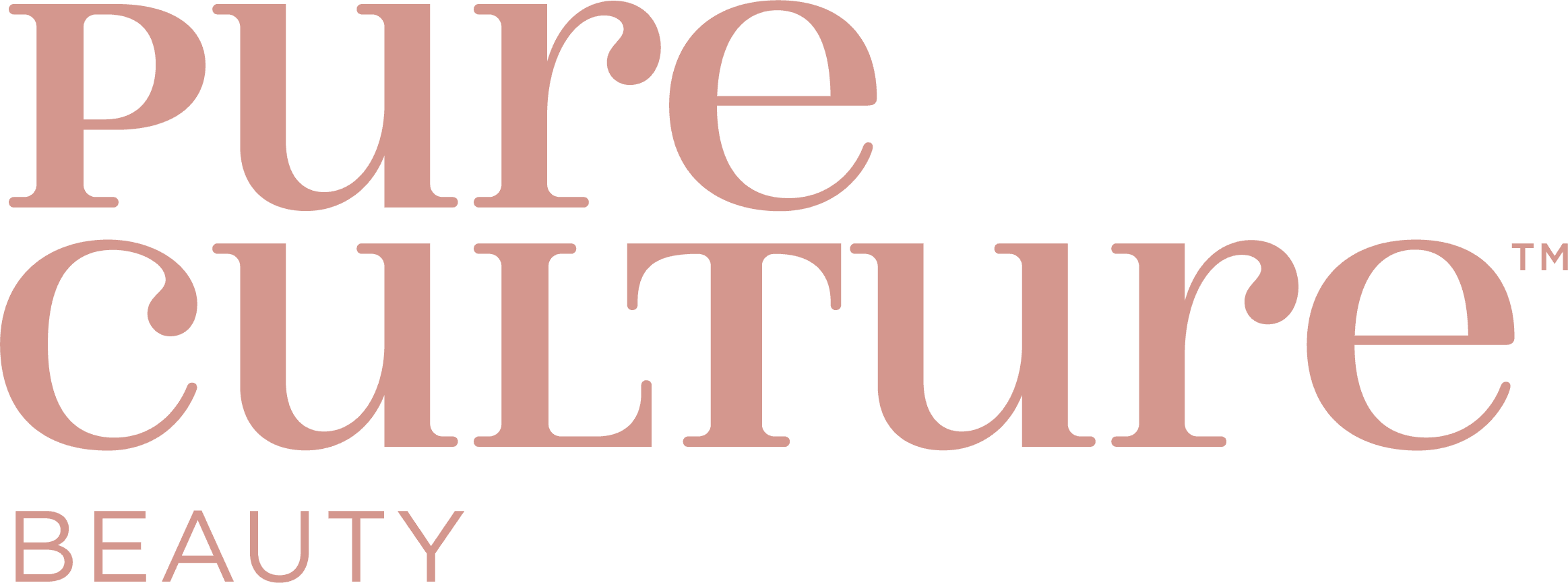Thank You to Our Heroes!
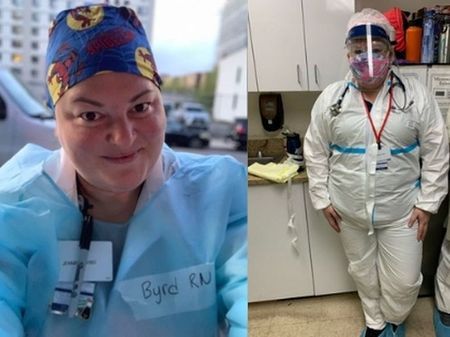
Jennifer Byrd, RN
Knoxville, Tennessee
Today we want to honor Jennifer Byrd, RN, a nurse at East Tennessee Hospital, Knoxville, Tennessee. Here is her story as interviewed by Emily Stewart for VOX.
This past April, nurse Jennifer Byrd left her home in Knoxville, Tennessee, to lend a hand in New York City, which was then under siege by the Covid-19 pandemic. “I felt like I needed to go and help somewhere where help was actually needed,” Byrd says.
Byrd, 31, thought her assignment in a Brooklyn emergency room would be the end of her journey as a traveling nurse during Covid-19. That’s not what happened: Three months later, she’s still on the road. After New York, she went to work at a testing site in Iowa, where the next closest testing location was more than three hours away. Now she’s working in a critical care unit in Arizona, which is quite a change of pace from the ER. She spends a lot more time with patients, allowing her to closely monitor their symptoms in case they begin to deteriorate.
“A lot of patients have definitely been on my heart,” Byrd says.
Health care professionals from across the country have signed up to help during the Covid-19 pandemic by traveling to areas where the disease is spiking. Thousands like Byrd went to New York, the country’s original epicenter, early on, and many have since followed suit. Beyond what they encounter on the front lines of the medical fight, they also have to contend with segments of the population that are eager to move on from the disease, refusing to wear masks and social distance or even doubting the coronavirus really exists. They know firsthand the deadly costs of such attitudes.
“I can sit here and tell you experience after experience that I’ve had in a couple of months, and seeing it firsthand, and people still just don’t believe it,” Byrd says. “It’s so crazy to me. Science doesn’t lie; science is real.”
I spoke with Byrd about her experience as a traveling nurse hopping from contract to contract during the pandemic — why she decided to pitch in, what it’s been like, and how it has (and hasn’t) matched her expectations. She remains hopeful for the future, but not the near future: She’s canceled all her vacations for the year, and she thinks you should, too.
And soon after we spoke, Byrd became ill. A Covid-19 test came back negative, but given her symptoms, she’s all but certain she has the coronavirus. She’s been asked to quarantine by the hospital.
What follows is a transcript of our conversation, lightly edited and condensed for clarity.
Emily Stewart
How long have you been doing this, and how did you get into it?
Jennifer Byrd
I’m from Knoxville, Tennessee, and I worked on staff for a pediatric hospital at home. Our business was really low, so they did a voluntary furlough, and I decided to take it back in April — that’s when Covid was really big in New York. I decided since I couldn’t do much at my home hospital, I could go somewhere else that needed help.
That’s when I took the travel assignment and went to New York City, because I felt like I needed to go and help somewhere where help was actually needed.
Emily Stewart
So where have you been so far?
Jennifer Byrd
I’ve been to New York City, I worked in Brooklyn in an emergency room. [Byrd’s contract was supposed to last for eight weeks, but it ended after four as the number of cases and hospitalizations in the city began to decrease.] Then I went to Iowa to a testing site, and I’m now in Phoenix doing nursing work in a critical care unit.
Emily Stewart
What’s the work like?
Jennifer Byrd
Every day is completely different. When I was in New York I was working in the ER, and now in Phoenix, I’m working in a critical care inpatient setting, which is a little different for me because I’m normally an ER nurse. One day, your patient might just be on two liters of oxygen, and the next time you come in they’re on a breathing machine.
And then with Covid, it’s constantly evolving. One day we’ll give a certain kind of medication, and then a couple days later there’s been new research, so we try a different kind of medication or antibiotics.
Emily Stewart
What was the New York emergency room like?
Jennifer Byrd
It was just crazy. Our patients up there, they tended not to come into the ER for simple stuff, just because they all wanted to stay out of the hospital because Covid was so rampant. So by the time they would come in, they were just really, really sick and would require multiple nurses just to take care of one person. I was supposed to work 12-hour shifts, but I usually wound up working 14-hour shifts because it was so short-staffed.
Emily Stewart
And you got to New York when it was getting somewhat better, though, right?
Jennifer Byrd
When I got there around April 20, it was when things had started to quiet down a little bit. I was expecting to go there and just be inundated with patients all the time, and we really weren’t. It was fewer patients, but they were sicker. The staff told us, if you were here two or three weeks ago, the main ER that I was in was an 18-bed ER, and they had 30 to 40 patients in there.
So we were there on the downside of it, which was good for them. We were thrilled to get there and have it not be as busy, because the staff needs a break. They were exhausted. And the hospital had several nurses pass away of Covid, or who were out for weeks at a time with Covid. So it was nice to know they were finally getting some respite.
Emily Stewart
And then you went to Iowa? What was that like?
Jennifer Byrd
In the state of Iowa, they made it so everyone can get tested regardless of symptoms. I was the team lead for a site there and in charge of three other nurses, and we worked with the National Guard. Basically, that was just having cars come through — we would check their ID, get their test kit, swab them, and then we’d send the swab back at the end of the day. People would get their results back in 72 hours. That was outside in full PPE for long days, and it was so hot every day. None of us were used to that. We were all used to being in a hospital setting.
The site I was at, the next closest site was three and a half hours away, so they were thrilled when we set up in their town and [they] could get tested. We had people driving two hours one way just to get tested.
Most of the patients were asymptomatic and would say they were getting tested because they had contacts with people who had tested positive. And we never knew how people had tested until they came back and would say, “Oh, I was here last week, and I tested positive.” We were up close with positives, and we had no idea — because of how this disease is, people can be totally asymptomatic.
Emily Stewart
And so now you’re in Arizona, which has had a spike in cases recently.
Jennifer Byrd
The unit I’m on is a step-down critical care unit, so we don’t have patients on ventilators, they’re in the ICU. But we do have patients who are on BiPAPs or high-flow oxygen [machines to help with breathing]. The people here, they’re pretty sick — they come in and either quickly end up on oxygen or on a ventilator.
Most of the patients that I’ve had have been in the hospital since the end of June or the beginning of July. Most don’t come in, are here for two days, and then go home. Most are here for a little while because they need oxygen, they need medication. We have people on blood thinners, on plasma, on remdesivir [a drug approved to treat Covid-19]. They’re doing trial medications out here, which is pretty interesting to see.
Emily Stewart
In all this time traveling around, what’s scared you?
Jennifer Byrd
How young the patients are. A lot of non-medical people that I talk to assume it’s older people, it’s people that are diabetic, that have COPD [chronic obstructive pulmonary disease] or severe asthma that are getting sick. And that’s not the case at all. I had a patient in New York who was Covid-positive, and we lost her. One minute she was talking to us, and 30 minutes later we were doing CPR on her and we lost her. She was younger than I was, with no medical problems.
The virus doesn’t care how old you are. It doesn’t care how healthy you are. And that’s one thing that really scares me for my friends and family.
Emily Stewart
What are the obstacles you face when you join a new hospital? What’s it like?
Jennifer Byrd
One of the first things I ask when I interview at a hospital is, “How’s your PPE?” because PPE shortages have been a problem area. In New York, Iowa, and Arizona I’ve had plenty of PPE, but I do bring a lot of my own. I have my own respirator. I have my own N95 masks that I bring just in case. That’s one thing I always worry about: Do they have enough stuff to keep me safe?
I have to learn each hospital and how they do things, because every hospital is different. I normally work in an ER, so I’m used to having patients for a very short time, and then they go to the floor or they go home. In Arizona, where I’m in the critical care unit, I have the same patients all night, and figuring that out has been a bit of a challenge. You’re checking on them regularly and their medications, and you keep an eye on them to see if they deteriorate and notify a doctor. With Covid, they can deteriorate so quickly, so you have to pick up on the subtlest changes — a heart rate going up 20 points, or a temperature going up a degree or two. That can all be fine, but it can lead to a patient going septic.
It’s more intense. I’m more aware, and I’m getting to know my patients better. When I’m in the ER setting, a lot of the time I don’t get to know them because I don’t have them very long — and here, I’ve had them for three nights in a row for 12 hours.
A lot of patients have definitely been on my heart. Emotionally, this job in Phoenix is a lot harder than my job in New York because I’m getting to know my patients and their history so much more. I had one patient who was upset about financial issues, and usually I don’t find out about those sorts of things — but here, because of taking care of them for several days, I did. He was so worried financially about being cared for, which as a nurse, I don’t care if he can pay or not. I just want you taken care of, I just want to take care of you the best I can. So to see somebody stressed out and upset about financials, it bothers me.
On the other side of that, most patients aren’t allowed visitors in the hospital — they’re only allowed if it’s an end-of-life situation, and then usually just one person. One of my patients this week hadn’t seen his wife or daughter since he’d been in the hospital, and he had been in the hospital for several weeks. He was in the ICU and got moved down to my unit, and his daughter called to talk to me and check on him. And I asked, well, have you seen your dad? And she said she hadn’t been able to see him or talk to him. And I said, well, if you want to FaceTime him. So I got his cellphone and we planned a time, and I was able to FaceTime his daughter and his wife from his phone. We FaceTimed for about 30 minutes, and they were all so thankful for that.
The little things that bring happy moments make this job just so much more worth it. There are a lot of hard times, but there are happy times too.
Emily Stewart
Are you surprised at how the pandemic has played out here, with cases rising across the country? Is this what you thought you’d still be doing when you started three months ago?
Jennifer Byrd
No, no. Honestly, I expected to go to New York, go home, and go back to my staff job. I did not expect to be doing back-to-back Covid assignments. I didn’t ever think it would get this far.
Emily Stewart
Do you have to deal with people who think this isn’t real?
Jennifer Byrd
All the time. When I’m on Facebook and most news sites, I have had to stop reading comments because I just get so angry at people. On Facebook I’ve unfriended people, including family, because they don’t understand it. They don’t want to wear their masks, or they want to wear it looped around one ear and say they’re wearing a mask when it’s looped around their face. And it’s just like, I can sit here and tell you experience after experience that I’ve had in a couple of months, and seeing it firsthand, and people still just don’t believe it.
It’s so crazy to me. Science doesn’t lie; science is real. I’ve had to deal with people that tell me it’s not real, it’s fake, it’s just the flu. It’s so much more than that. Yes, some people have very minor symptoms, but then there are other people who are 20 years old and on ventilators, and they may not come off of that ventilator. There’s so much science, and people just don’t believe it. It kills me.
Emily Stewart
Do you have a sense of when you’ll stop?
Jennifer Byrd
I’m scheduled to go back to my staff job on September 1, so this should be my last contract. However, things can change at any time. I’ve actually really enjoyed traveling, so I’m thinking eventually I might start traveling full-time. I miss my family, I miss my dogs, so I’m probably going to go back home for a couple of months and rest, and go back to my staff job. It’s been a lot, emotionally and mentally, traveling so much and seeing everything that I have, so I need a break. I need to go back to my wife and our dogs and kind of rest and recoup.
Emily Stewart
How have the hospitals and communities treated you?
Jennifer Byrd
They’ve been amazing. Everyone is so thankful, I think, that people are choosing to come and help them, because they’re just so happy to get extra help.
Emily Stewart
Are you hopeful about the future and what happens with the pandemic?
Jennifer Byrd
I am because I’m a hopeful person. I’m hoping that as we continue to learn more, more people will take it seriously and the experts will be taken more seriously. I am hopeful that it will get better.
However, for most other countries, their first wave is over. Our first wave is not over; we’ve never finished. And [experts] say there’s going to be a second wave, and the second wave is going to be even worse. If we do get that second wave that’s worse, I can only imagine what it’s going to be like. I’m hopeful that eventually it’s going to get better, but it’s going to be a long time before we get to that point.
Even if we get a vaccine, the problem with that is going to be, is it affordable? Can everybody afford it, or is it just certain people who can? And is it going to work? It’s such a new virus, and we don’t have tons of research on it yet.
Emily Stewart
As someone who’s traveling around taking care of people in this pandemic, is there anything else you’d want people to know?
Jennifer Byrd
That it’s real, it’s not fake. That’s my main thing. And then practice hand-washing and social distancing. Stay home. As the weather has warmed up, I see people that are going on vacation because they’ve been cooped up, saying, “Hey, I’m going to Florida, but it’s okay, I’m going to stay in my condo.”
I’ve already canceled a cruise, a trip to Disney World. I’ve already canceled two vacations; I’m going to cancel my beach trip in August. It’s just too soon. Cases are spiking everywhere, and it’s too soon for anyone to be out traveling.
Stay at home to protect not just yourself but to protect your friends, your family, your neighbors. It’s not just you that you’re keeping safe. It’s your community.
Emily Stewart
I mean, if anyone deserves vacation, it’s you. I want to go on vacation, and I’ve just been sitting on my couch for months.
Jennifer Byrd
I love vacation. I would love nothing more than to be laying on a beach right now. But it’s too soon. Not yet. I think next year is going to be my year of vacations.
Thank you Jennifer for your commitment, dedication, and compassion for your patients and communities.
If you have a story and pictures of a front line nurse you would like us to highlight on our website and social media, please email them to us at info@helphopehonor.org.
OUR DONORS
-
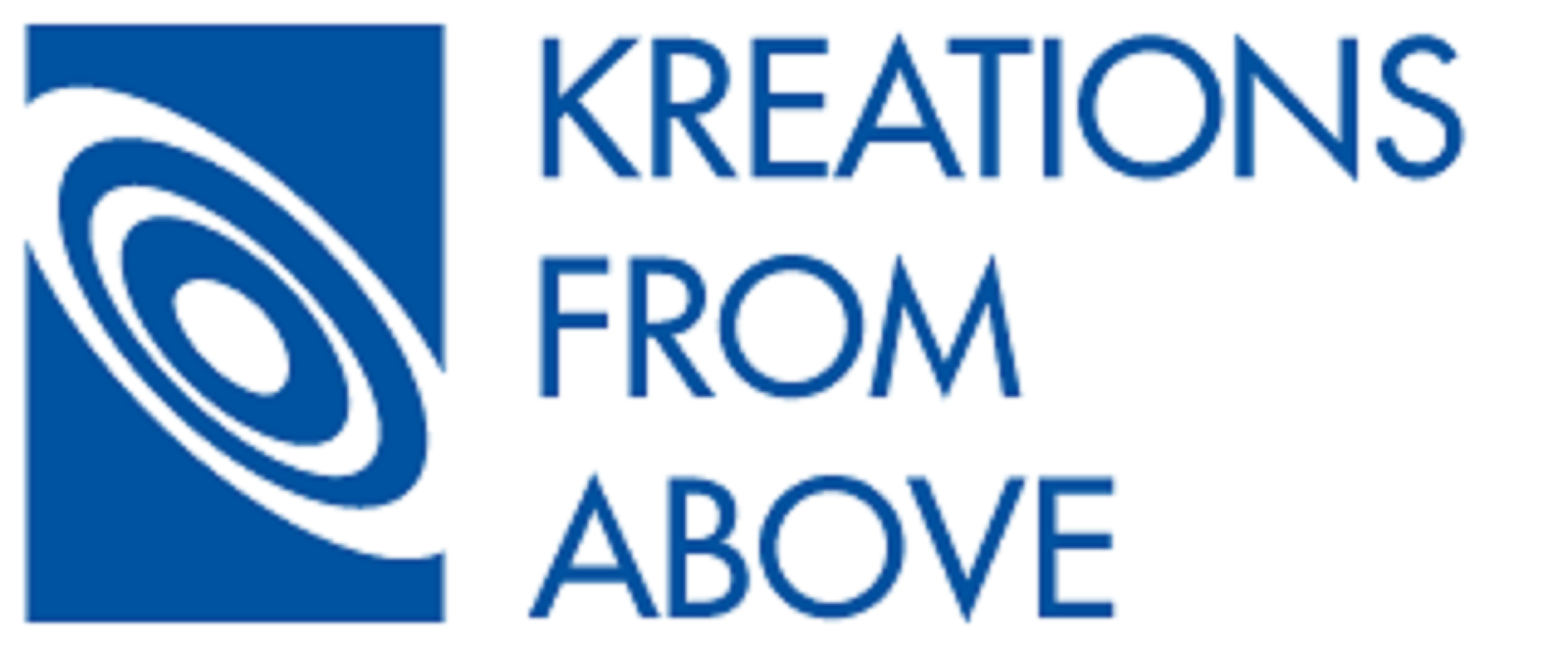 KFA DJ Ken Ito
KFA DJ Ken Ito

